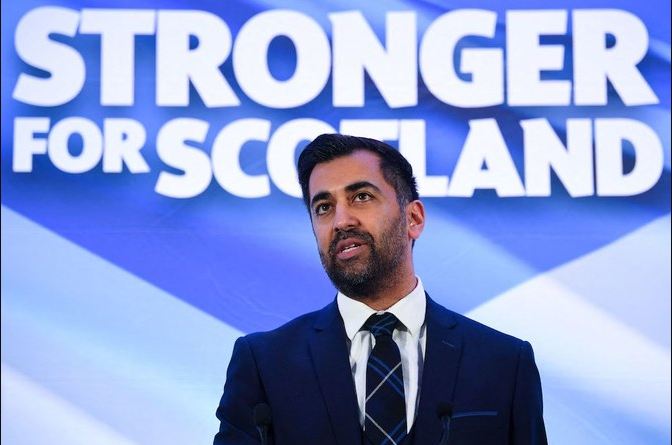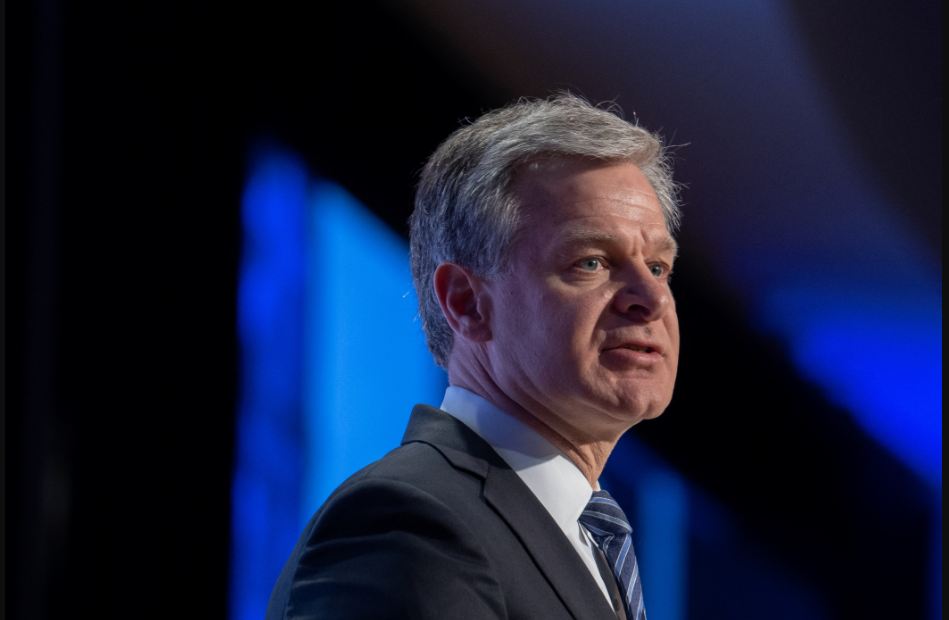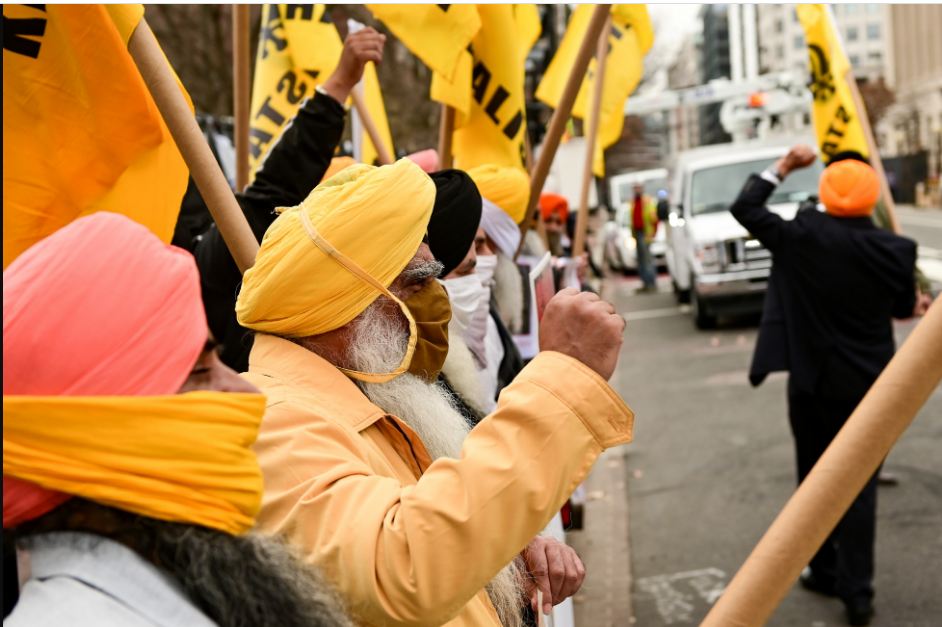Humza Yousaf is appointed as Scotland’s first Muslim leader
Edinburgh – Humza Yousaf, the first Muslim to lead a significant UK political party, confronts a difficult task in reviving Scotland’s independence movement in the wake of Nicola Sturgeon’s protracted leadership.
The 37-year-old new and youngest leader of the Scottish National Party (SNP) claims that because of his own experience as a member of an ethnic minority, he would work to defend the rights of all minorities.
Yousaf, a Glasgow native, took his oath in both English and Urdu when he was first elected to the Scottish Parliament in 2011. Later, he became the first Muslim to hold a cabinet position in the devolved government.
His supporters hail him as a skilled communicator who can unify the party while support for the SNP’s main issue, independence for Scotland, stagnates.
Yousaf promised to bring about independence in this generation in his victory speech on Monday, despite the UK government’s resistance to a new referendum and a Supreme Court setback.
He also paid tribute to his paternal grandparents, who arrived in Scotland from Pakistan in the 1960s hardly understanding English, as his wife and mother wiped away their own tears.
In their “wildest imaginations,” they never would have dreamed that their future grandson would take the helm of the country they had adopted.
Yousaf remarked, “We should all be proud that today we have sent a clear message: that your colour of skin or even your creed is not a barrier to managing the country that we all call home.”
As Scotland’s first minister, he also committed to be an independent thinker. But rather than avoiding Sturgeon’s contentious track record, he also declares that he will retain his knowledgeable predecessor on “fast dial” for guidance.
This has contributed to detractors’ portrayals of Yousaf as a weak politician who will stick with Sturgeon’s side.
In addition, he pledges to lead in a more collaborative manner. He said on LBC radio, “Mine would be less inner circle and more large tent.”
Following Sturgeon’s more than eight-year stint as first minister, with the independence movement temporarily stymied, Yousaf takes over handling issues in health care and education under the SNP’s own watch in Scotland.
Yousaf must mend a shattered party following its bruising leadership election as well as repair the damage done to his record as Sturgeon’s minister for justice and health care by his main competitor, Kate Forbes, during the campaign.
Yousaf claims that growing up in Glasgow and encountering racist taunts, particularly during the 9/11 attacks in the United States, hardened him.
On his tenure in politics, he admitted, “I’ve undoubtedly had terrible times.
I’ve asked myself, “Goodness, is there more that I can take personally,” because I also experience a lot of abuse online and, regrettably, occasionally in person.
Yousaf’s father, a Pakistani native, established a prosperous accounting career in Glasgow. Mother of the new SNP leader was born in Kenya to a South Asian household.
Yousaf was two years younger than Scottish Labour leader Anas Sarwar when he attended an elite private school in Glasgow.
Before serving as an assistant to Alex Salmond, Sturgeon’s predecessor as SNP leader and first minister, he completed his political studies at Glasgow University and worked in a call centre.
Yousaf joined the Scottish cabinet in 2012 and has since held positions in the law, transportation, and most recently, health sectors.
Gail Lythgoe, a former employee of the SNP, and he wed in 2010, although the couple later got divorced.
He and his second wife Nadia El-Nakla filed a lawsuit in 2021 claiming a nursery of racial discrimination after their daughter was turned away.
Education inspectors upheld the allegation, although the couple has now abandoned it, and the daycare has refuted the charges.
He was charged with purposefully avoiding a vote in 2014 in Scotland to legalise homosexual marriage because of pressure from Muslim leaders.
Yousaf insisted he had a prior engagement, and contrasts his own record to Forbes’ religiously conservative views as a member of a Scottish evangelical church.
He says he will “always fight for the equal rights of others” and not legislate based on his own faith.
But one person’s constitutional position will not be protected in a Yousaf-led Scotland — that of King Charles III.
“I’ve been very clear, I’m a republican,” he told Scottish newspaper The National, calling for debate on whether Scotland should move to an elected head of state.



